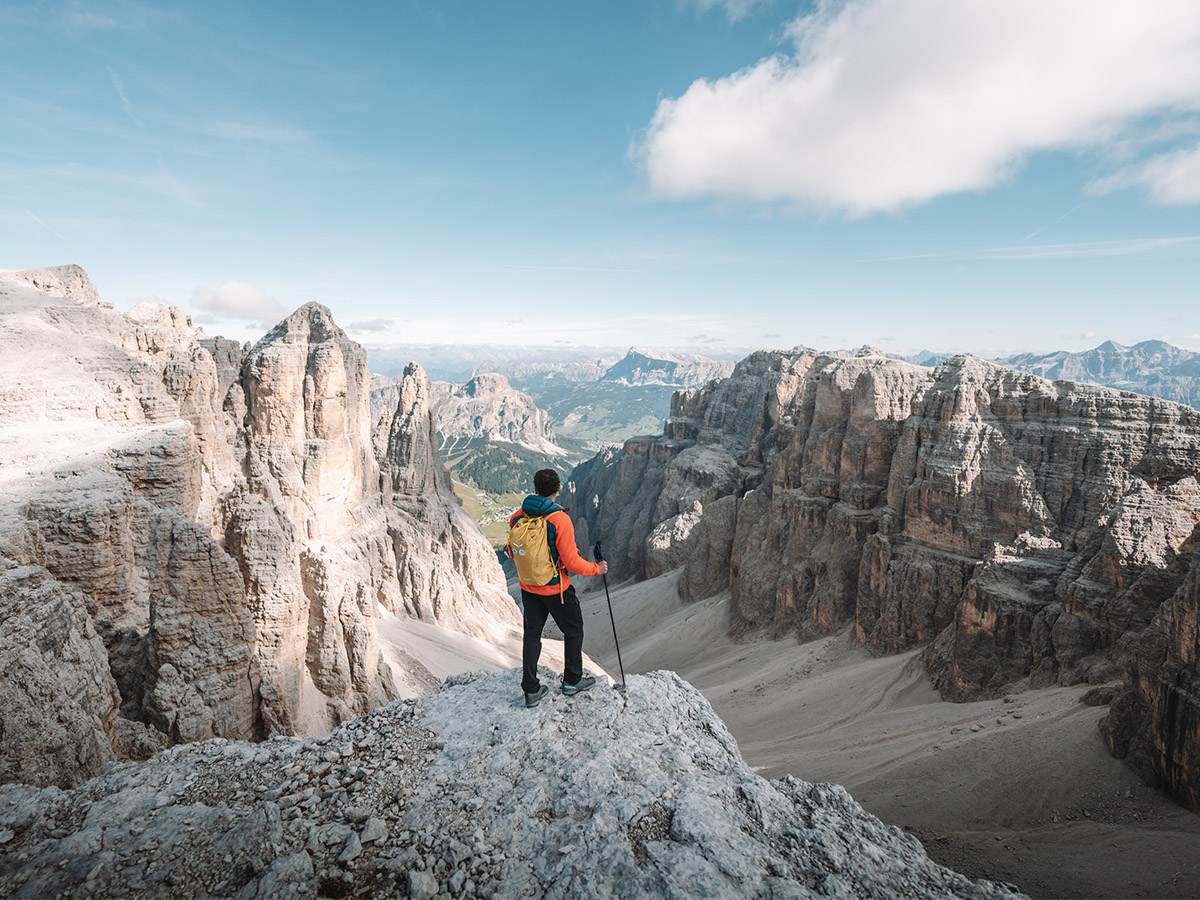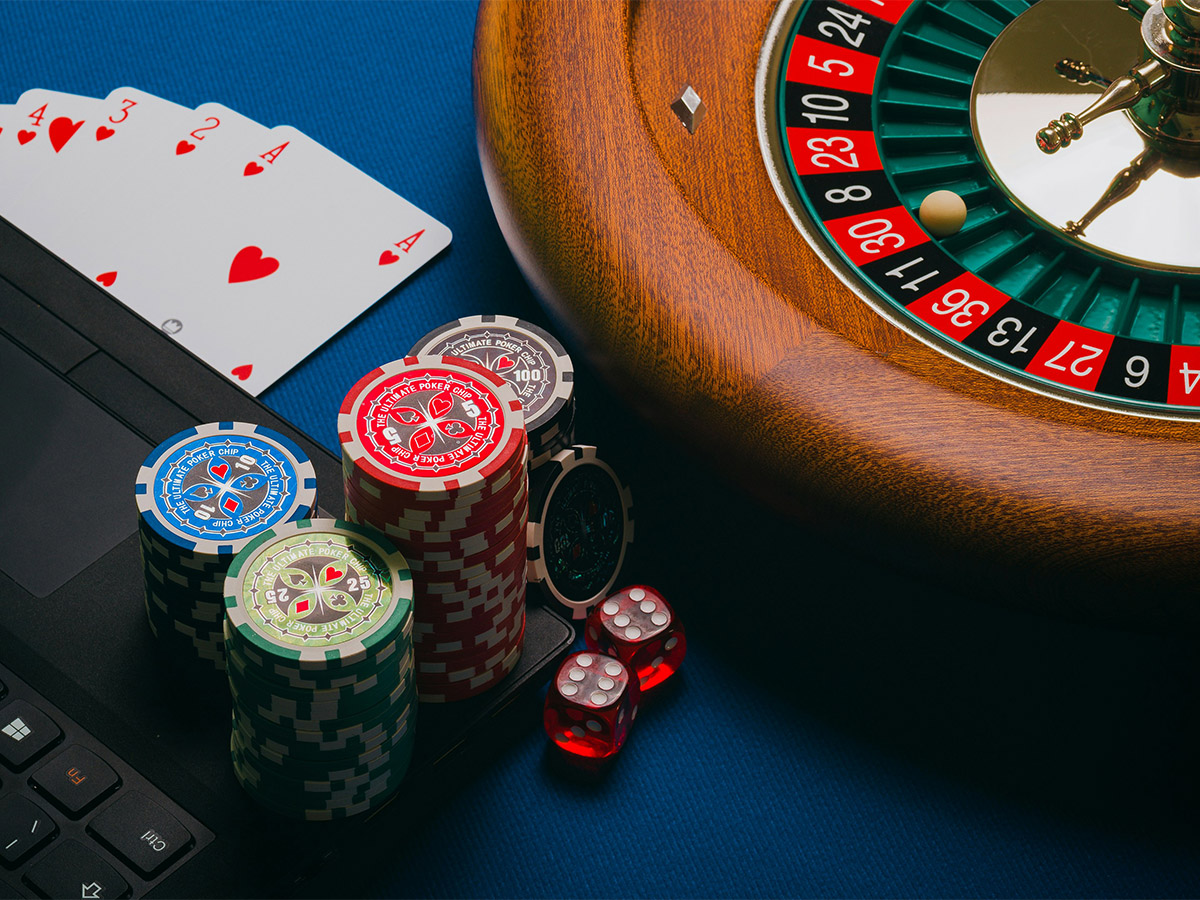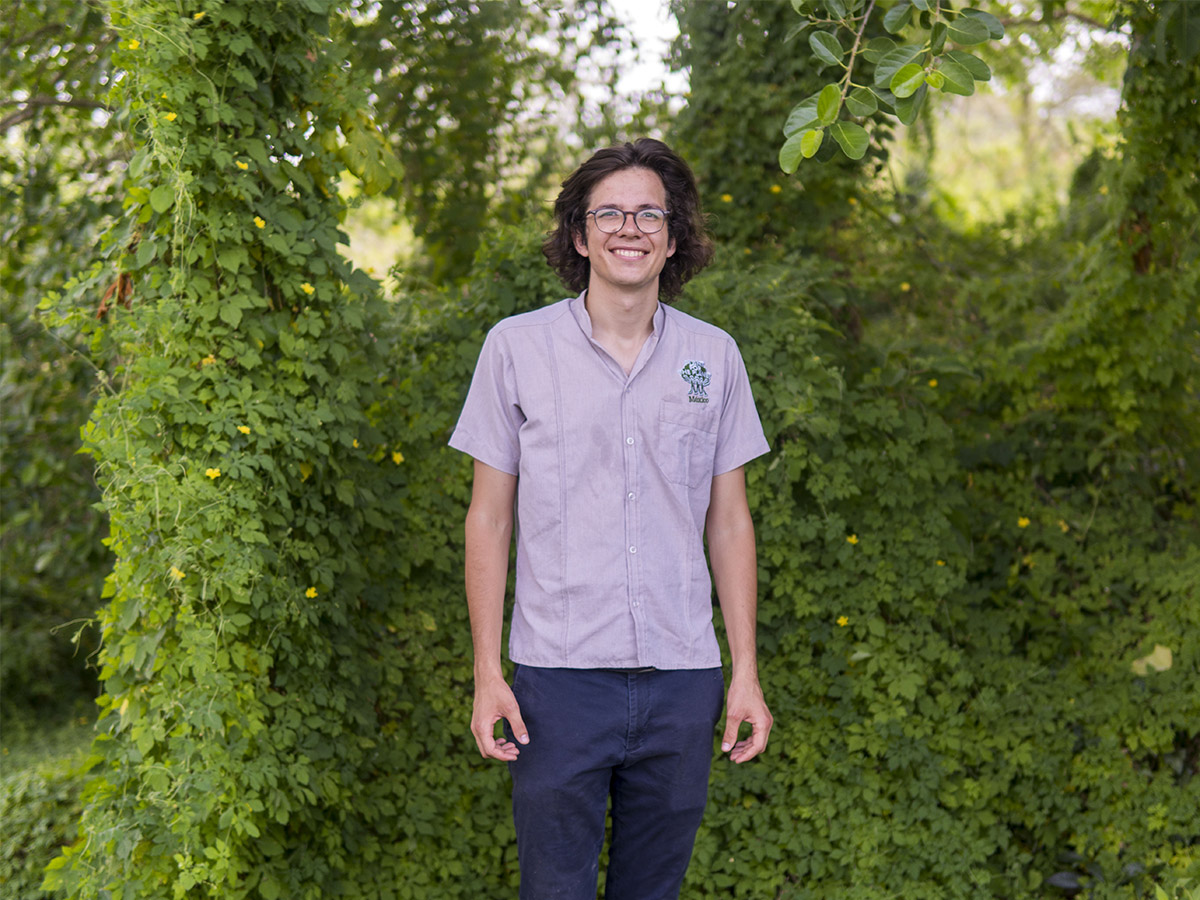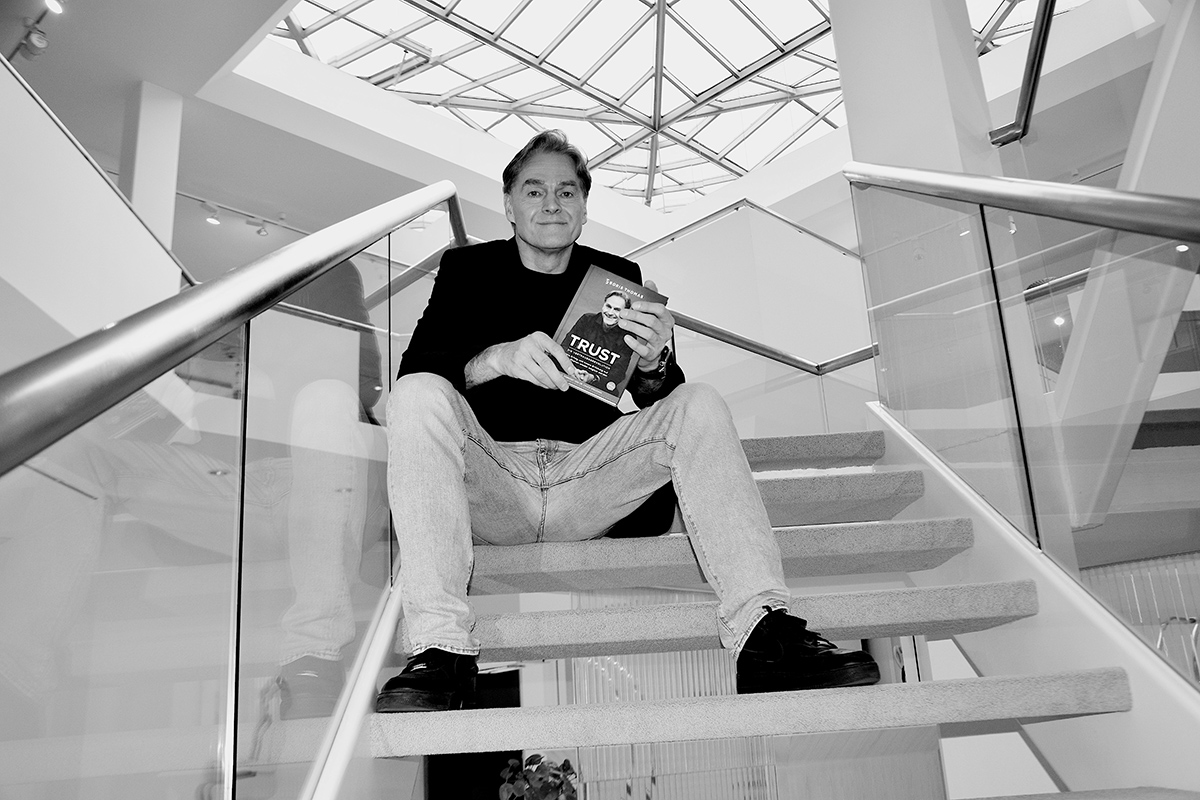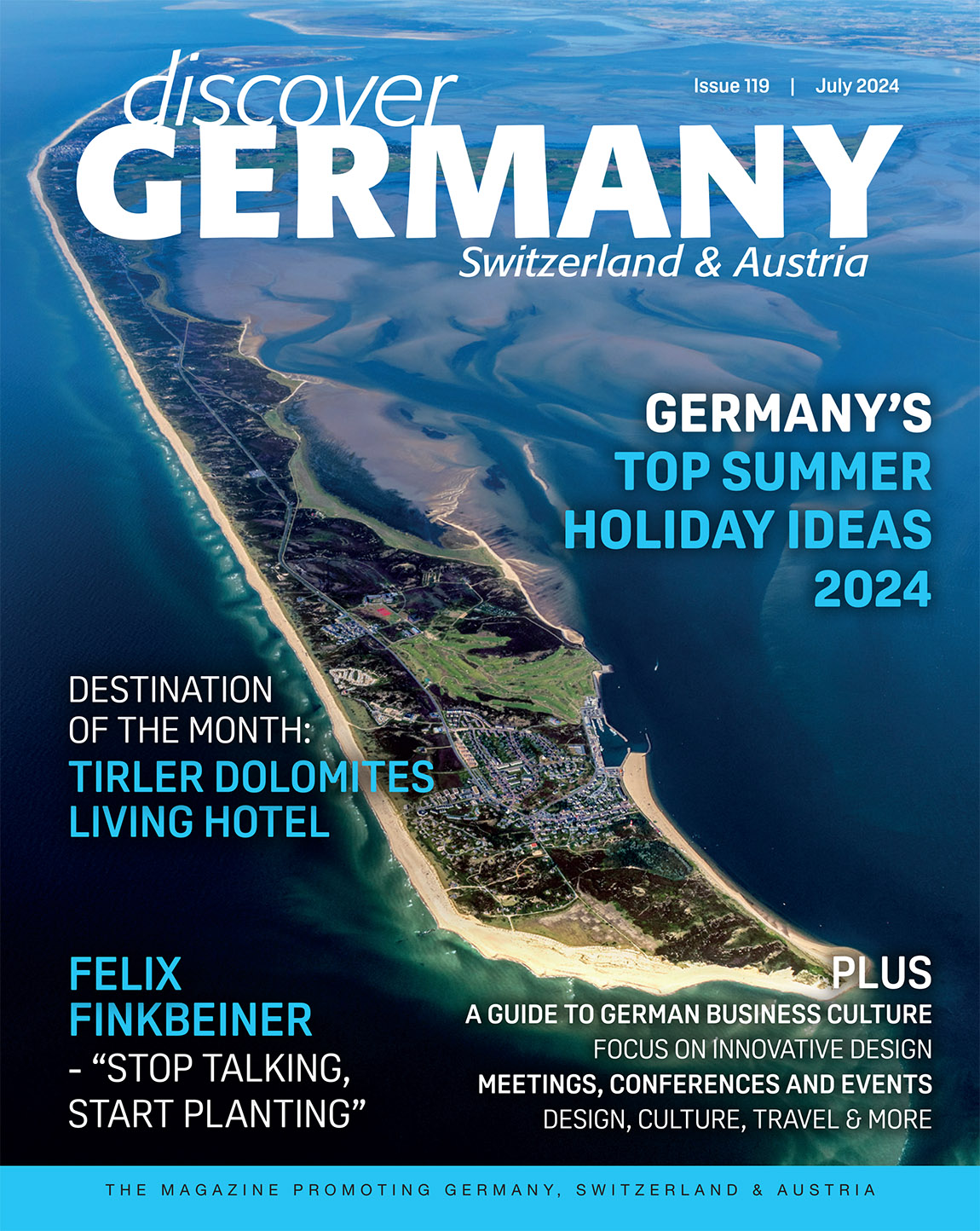Germany’s strong beer tradition
TEXT & PHOTOS: STUART FORSTER
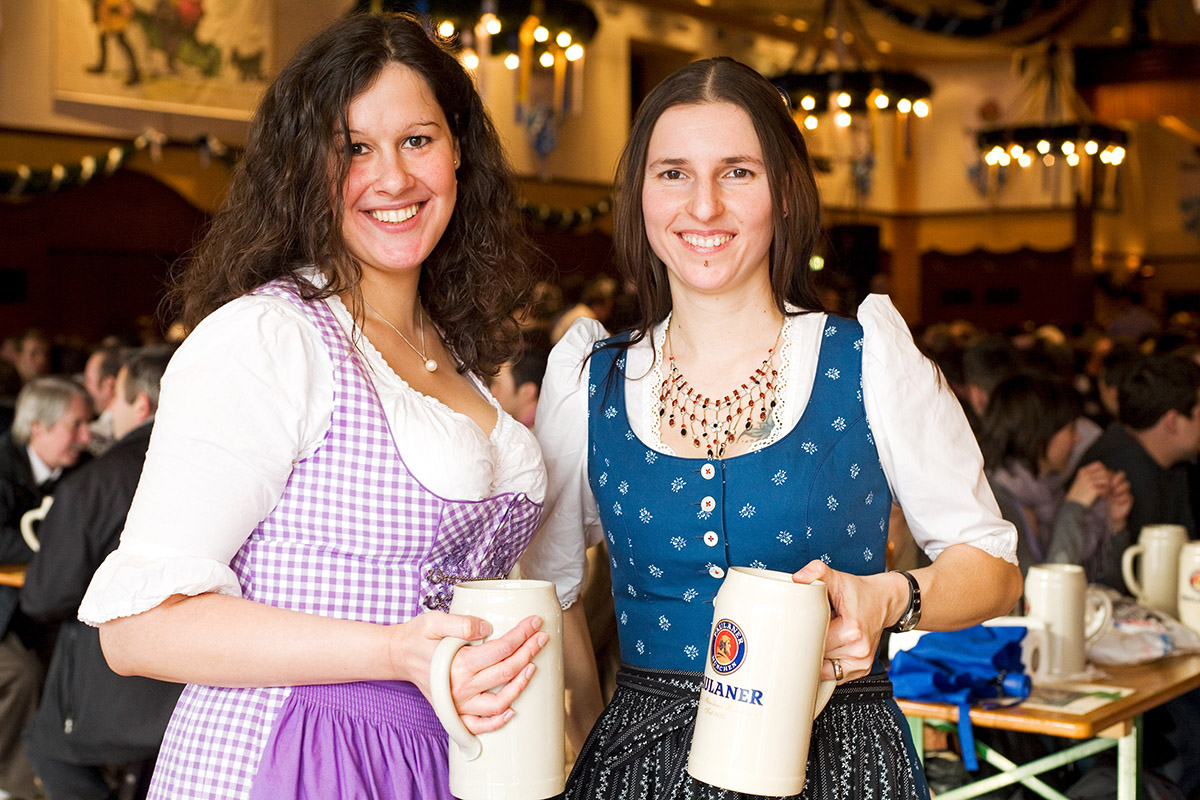
A smiling woman wears a traditional Dirndl dress and holds a Masskrug (Stein) the Starkbierfest (Strong Beer Festival) at the Nockherberg in Munich, Germany.
You may be forgiven for suspecting that anyone explaining the monastic origins of the strong beer today served at springtime festivals in Bavaria and beyond is jesting. Rest assured, beer is taken seriously in Germany and, save details that have inevitably become fuzzy over time, the seemingly improbable legend stands up to scrutiny.
Termed Starkbier in the German language, Doppelbock – the beverage known generically in English as ‘strong beer’ – was first brewed by monks in Munich to provide energy during Lent. Fasting from Ash Wednesday until Maundy Thursday was widespread in Europe among devout Christians during the Late Middle Ages and Early Modern periods.
Biblical scholars will turn to the New Testament, quote the fourth book of Matthew and tell you that the Lenten fast was inspired by the 40 days that Jesus Christ spent in the desert resisting temptation. Monks observing the fast were expected to eat just one simple meal a day. Some would undoubtedly be taunted by devilish pangs of hunger. How could they be expected to resist tempting morsels of food or, more importantly, stay focused on God’s work?
At the Neudeck ob der Au monastery in Munich, friars of the Order of Minim – founded by Saint Francis of Paola – created a seasonal beer significantly more calorific than their normal batches. Brewed in bottom-fermented tanks using more malted barley than regular beer, it provided sustenance that drew comparisons to liquid bread. In the circumstances, monks regarded the drink as a form of salvation.
But why consume beer, you may wonder? At a time when tea and coffee were barely known in Europe, slurping beer for breakfast was by no means uncommon – even among children. In our age of careful regulations relating to hygiene, it’s easy to overlook that consuming water was riddled with risks back in 1634.
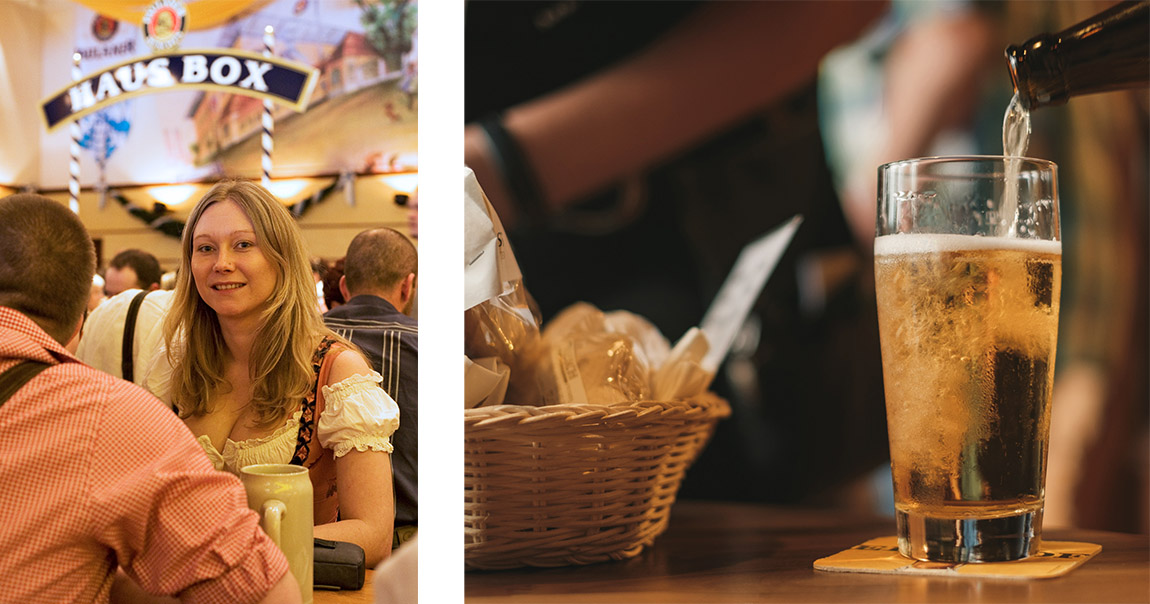
Left: Woman enjoying the Starkbierfest (Strong Beer Festival) at the Nockherberg in Munich, Germany. Right: Photo: Unsplash.
Documentation from that year mentions monks brewing in the Au district of Munich. Over time their establishment evolved into what we today know as the Paulaner Brewery, named in honour of the Calabrian place of origin of Saint Francis.
They named their doppelbock Salvator. The modern version of the Paulaner Brewery’s doppelbock packs 62 calories into every 100 millilitres and 7.9 per cent of the volume is alcohol. Look along the shelves in any modern beer store and products whose names end with ‘ator’ tend to denote strong beers. Also originating in Munich, Maximator is from the Augustiner Brewery, Löwenbräu brews Triumphator and the airport-based Airbräu also flies in the general direction of naming conventions for strong beers with its appropriately branded Aviator.
The monks who created the ancestor of the modern Salvator brewed in accordance with Bavaria’s Reinheitsgebot. The purity law, dating from 1516, dictated that only malted barley, hops and water could be used as ingredients by brewers. Yeast was mentioned only in later iterations of the law that is still, famously, the basis of brewing across Germany. Yet the friars who prayed and brewed in Au would undoubtedly be familiar with today’s recipe.
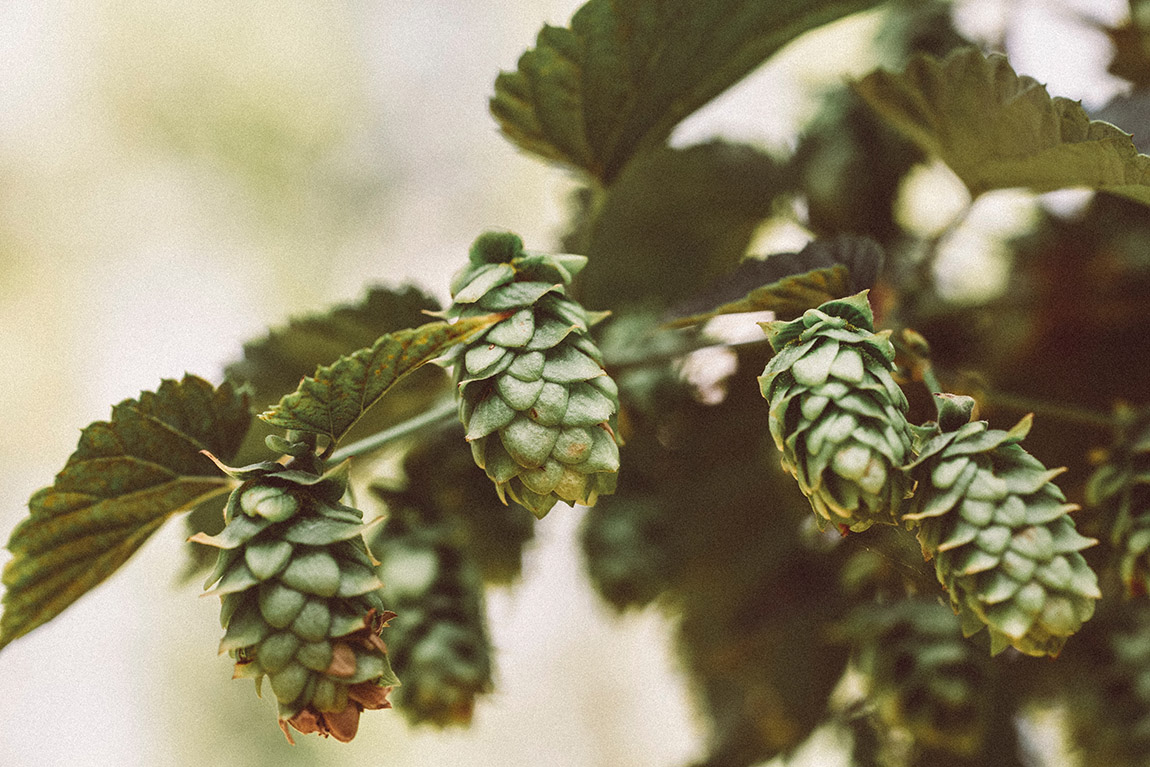
Photo: Unsplash
During the mid-18th century, the Lenten tradition of Munich residents heading to Au to drink doppelbock evolved into an officially sanctioned beer festival. Traditionally, the first keg is now tapped at an invitation-only event at which politicians receive a roasting by renowned comedians.
The festival hall at the Paulaner am Nockherberg subsequently opens to members of the public. People make merry while the Kirchdorfer Oktoberfestband thumps out music. Many guests put on Tracht – traditional Bavarian costumes – to attend the Starkbierfest, a beer festival with a far less touristy feel than its autumnal cousin.
In common with the Oktoberfest, people sit on long wooden benches and order litre-sized beers. But those brought to the tables during what is termed Munich’s ‘fifth season’ are served in ceramic mugs. The material from which a Keferloher is made reputedly keeps beer cooler for longer than glass. But during the Starkbierfest, intermittent toasting helps ensure that their contents empty swiftly.
In addition to the Starkbierfest hosted by Paulaner am Nockherberg, bierkellers across Munich celebrate the fifth season. Other notable venues include the Löwenbräukeller at Stiglmaierplatz and the Augustiner-keller at Arnulfstrasse. The pandemic prompted cancellations of the strong beer festivals in 2020 and 2021, leaving Starkbier lovers thirsty for the 2022 edition.
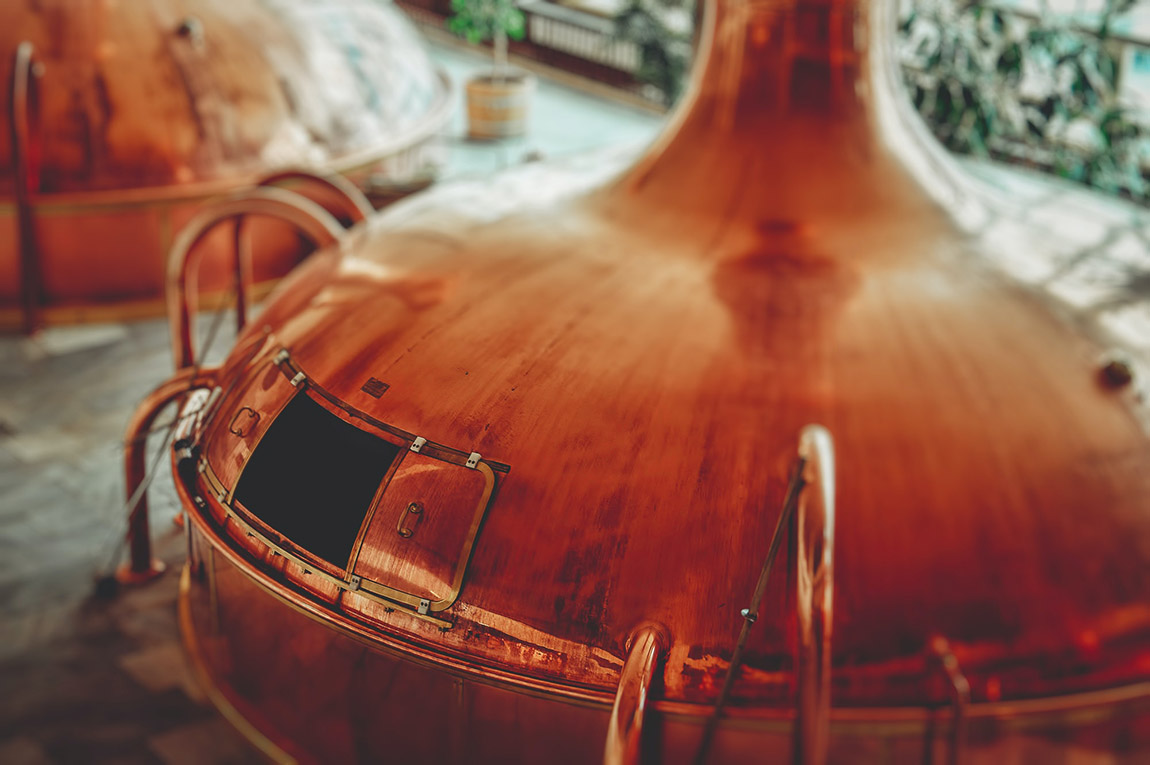
Photo: Unsplash
Subscribe to Our Newsletter
Receive our monthly newsletter by email
